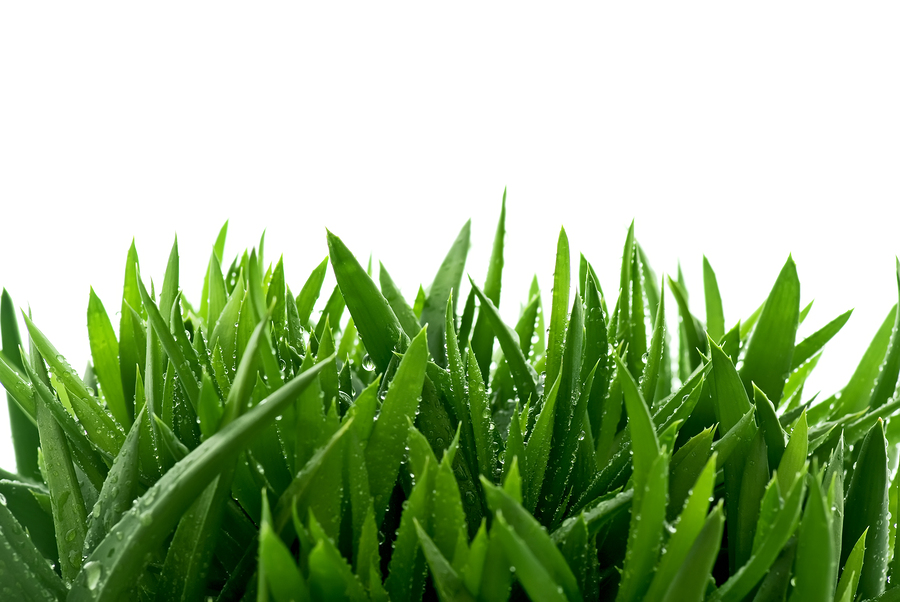- Make It Yourself Lavender Heart-Shaped Bath Bombs!
- 20 Things You Never Knew About “Down There”
- 12 Best Foods For Those Suffering From Arthritis Pain
- 12 Personal Hygiene Mistakes Almost Everyone Makes (Mom Never Told You About #4!)
- 15 Medicinal Plants And Herbs From The Cherokee People
- 12 Mind-Blowing Benefits Of Drinking Coconut Water During Pregnancy
- 12 Outstanding Winter Foods That Won’t Fatten You Up Like A Christmas Turkey
Benefits Of Aloe Vera: Things You Didn’t Know About This Magic Plant

Photo credit: bigstock.com
The aloe vera plant has been used for medicinal purposes for thousands of years. The ancient Egyptians called it the “Plant of Immortality.” To the peoples of antiquity who lacked modern scientific understandings of biology, the healing effects of aloe vera would no doubt have seemed magical. As the millennia passed, aloe vera has never lost its place as a powerful and effective folk remedy. Modern science has shed light on why this plant is beneficial to human health.
The aloe vera plant has thick and pointy leaves filled with a watery gel-like flesh, similar to a cactus. It is the juicy flesh of the leaves that people use in traditional medicine around the world.
Aloe vera is most commonly known for its topical applications. But aloe can also be beneficial when ingested due to the vitamins and beneficial compounds the plant contains. Let’s explore some of the specific applications and health benefits of this incredible plant.
1. Aloe Vera heals burns.
More specifically, it makes burns heal faster. Aloe vera is also a well-known remedy for sun burns and minor sores. A review of multiple experimental studies produced evidence that aloe vera could significantly speed up the healing process for first- and second-degree burns. It also has a soothing, cooling feeling which helps alleviate pain.
There are some who advocate applying aloe vera to minor cuts and wounds, but more testing needs to be done to concretely establish the effectiveness of this practice, as the current evidence is inconclusive.
2. It’s packed with vitamins, minerals, and other goodies.
Aloe vera contains numerous highly beneficial nutrients like vitamins A, C, and E. The plant is also rich in B vitamins, including B1, B2, B3 (niacin) B6, B9 (folic acid), and B12. Aloe vera is especially beneficial with regard to vitamin B12. It not only contains the vitamin, but it actually increases the bioavailability of B12 in the body, regardless of the source. This is great news for vegetarians, who are more susceptible to B12 deficiency.
Aloe vera also contains choline, zinc, magnesium, copper, calcium, potassium, sodium, selenium, chromium, and manganese. In addition, the enzymes found in aloe vera assist in the digestive process by breaking down sugar and fat molecules. It also has 20 out of 22 essential amino acids.
Continue to Page 2






























